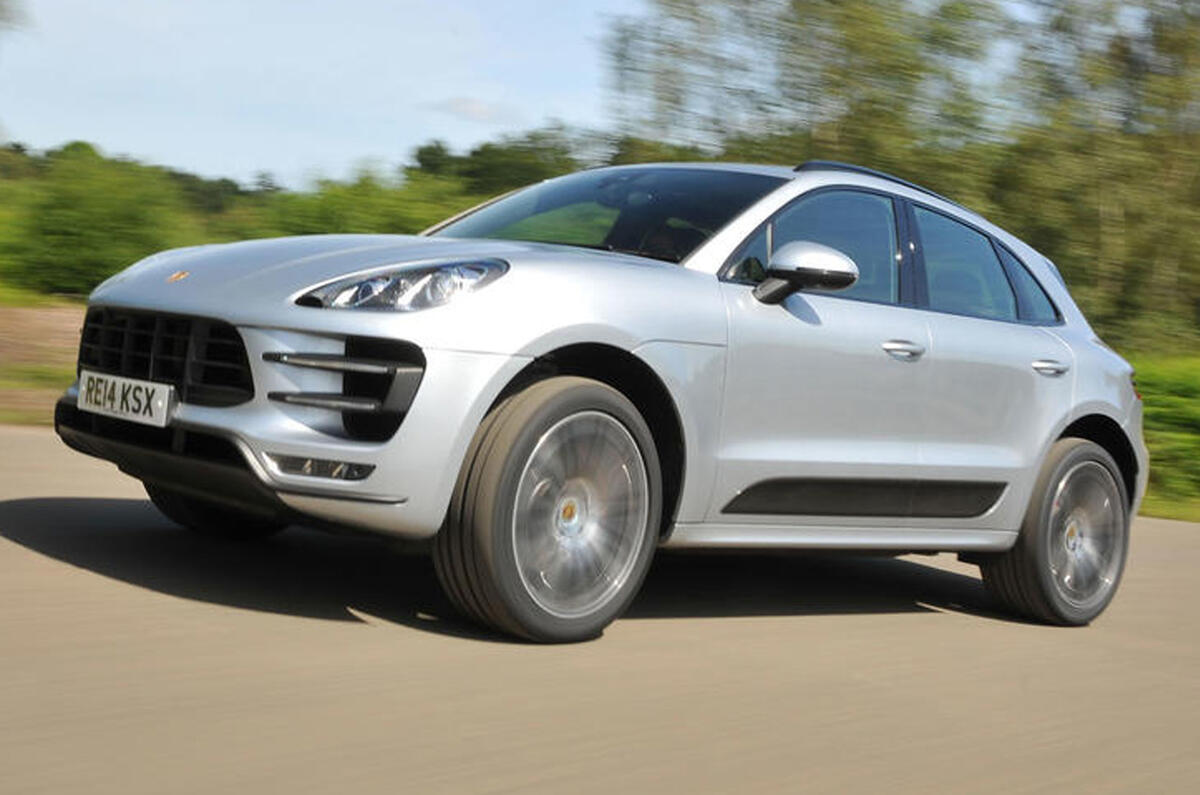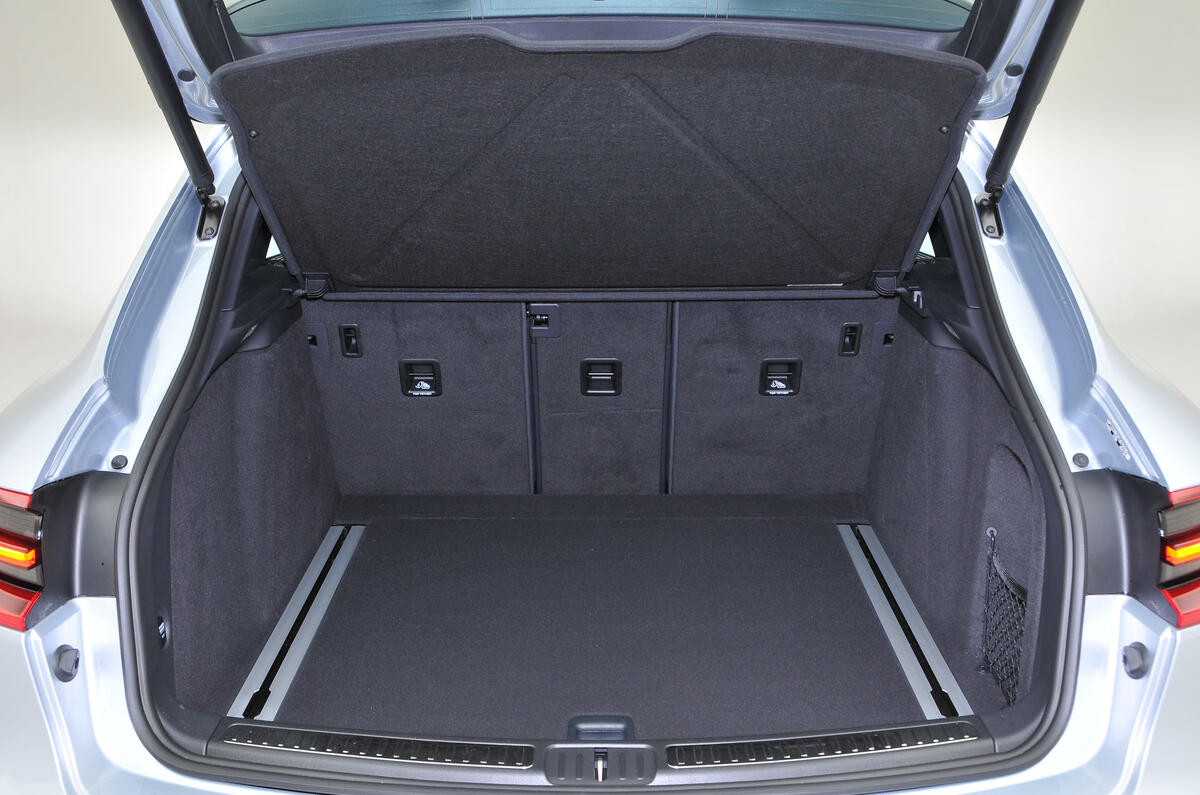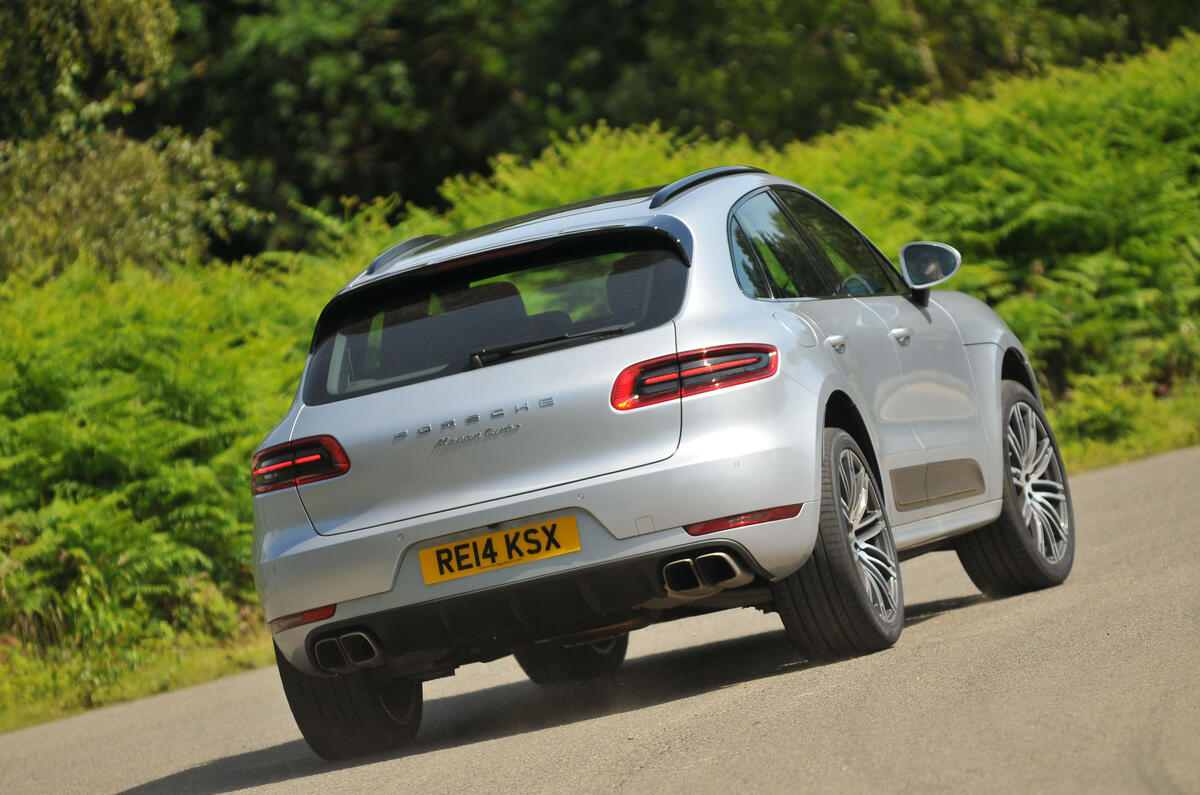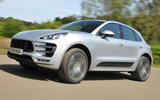The Macan range comprises six models: the entry-level Macan, the standard S, the S Diesel, GTS, Turbo and the range-topping Turbo with Performance Package.
The Macan S uses Porsche’s own twin-turbocharged 3.0-litre petrol unit with 335bhp and 339lb ft of torque, while the Macan Diesel S gets an Audi-sourced 3.0-litre turbodiesel with 254bhp and 427lb ft.
At the top of the range sits the Macan Turbo, which is powered by a twin-turbocharged 3.6-litre petrol engine, producing 394bhp and 405 lb ft of torque, while the sporty GTS has a 355bhp 3.0-litre V6 under its bonnet.
With a 0-62mph time of 5.4 seconds, a top speed of 158mph and the ability to return 31.4mpg on a combined cycle, the Macan S feels rapid enough to drive without burning a hole through your wallet.
Of course, it lacks the immediate supersonic feeling of the Turbo, but there’s virtually no lag from the turbocharger and it still feels pleasing and refined to drive. You also still get broadly the same level of equipment as the Turbo inside, too.
The Macan S Diesel is very much the same, although with more torquey performance. Able to hit 62mph in 6.3 seconds, and with a whopping 427lb ft of torque on offer, it feels by far like the most sporting of the various diesel-engined compact SUVs on offer at the moment.
Again, the S Diesel feels very refined and quick. It’s also very smooth, with Porsche’s seven-speed PDK gearbox working wonders under the bonnet. Perhaps it’s not quite to the 'sports car' level that Porsche’s marketing material would have you believe, but it’s still very good indeed.










































